This video is no longer available.
August means vacation time for many in the D.C. region. But going out of town can be easier said than done when you have a four-legged friend at home — even if that friend isn’t a dog.
“Cats are creatures of habit. We have all heard that saying, and it is so true,” said Dr. Laura Mosoriak with the Kingstowne Cat Clinic in Alexandria, Virginia.
Mosoriak owns the clinic, which has been around since the early 1990s, and has a loyal customer base in the Northern Virginia area. The longtime veterinarian told WTOP that, in her opinion, a licensed and insured sitter is a pet owner’s best option while leaving their cats at home.
“I prefer pet sitters to come to the house,” Mosoriak said. “They usually have more skills in being able to recognize when something is wrong.”
She said having a family member or friend come by is better than nothing, but it should definitely not be an owner’s first option.
“I’m sure the family member or friend has the best of intentions, but they may miss subtle things that a qualified pet sitter who has a lot of experience could see,” Mosoriak said. “For example, if the cat hasn’t urinated all day, they will pick up on that.”

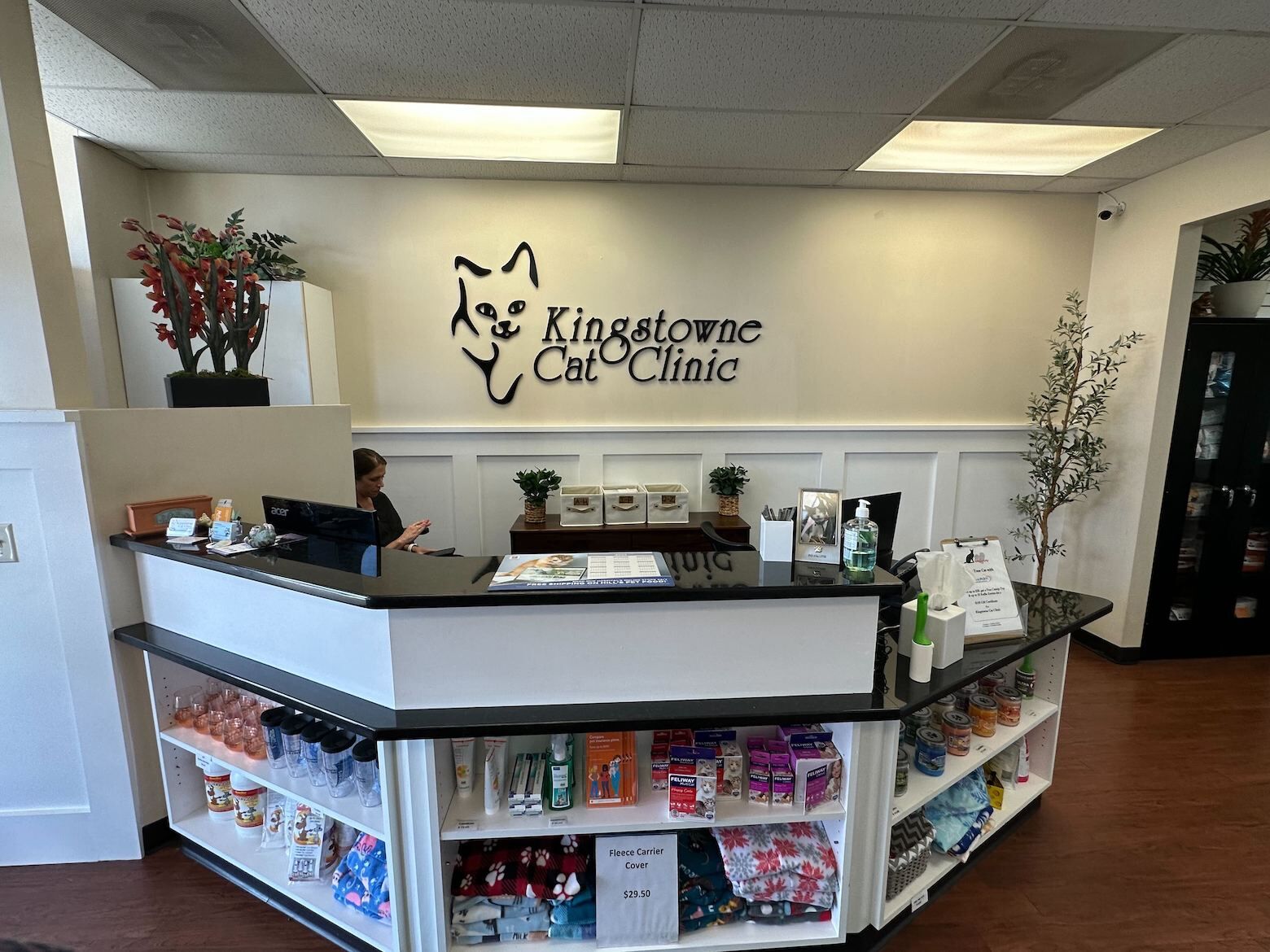
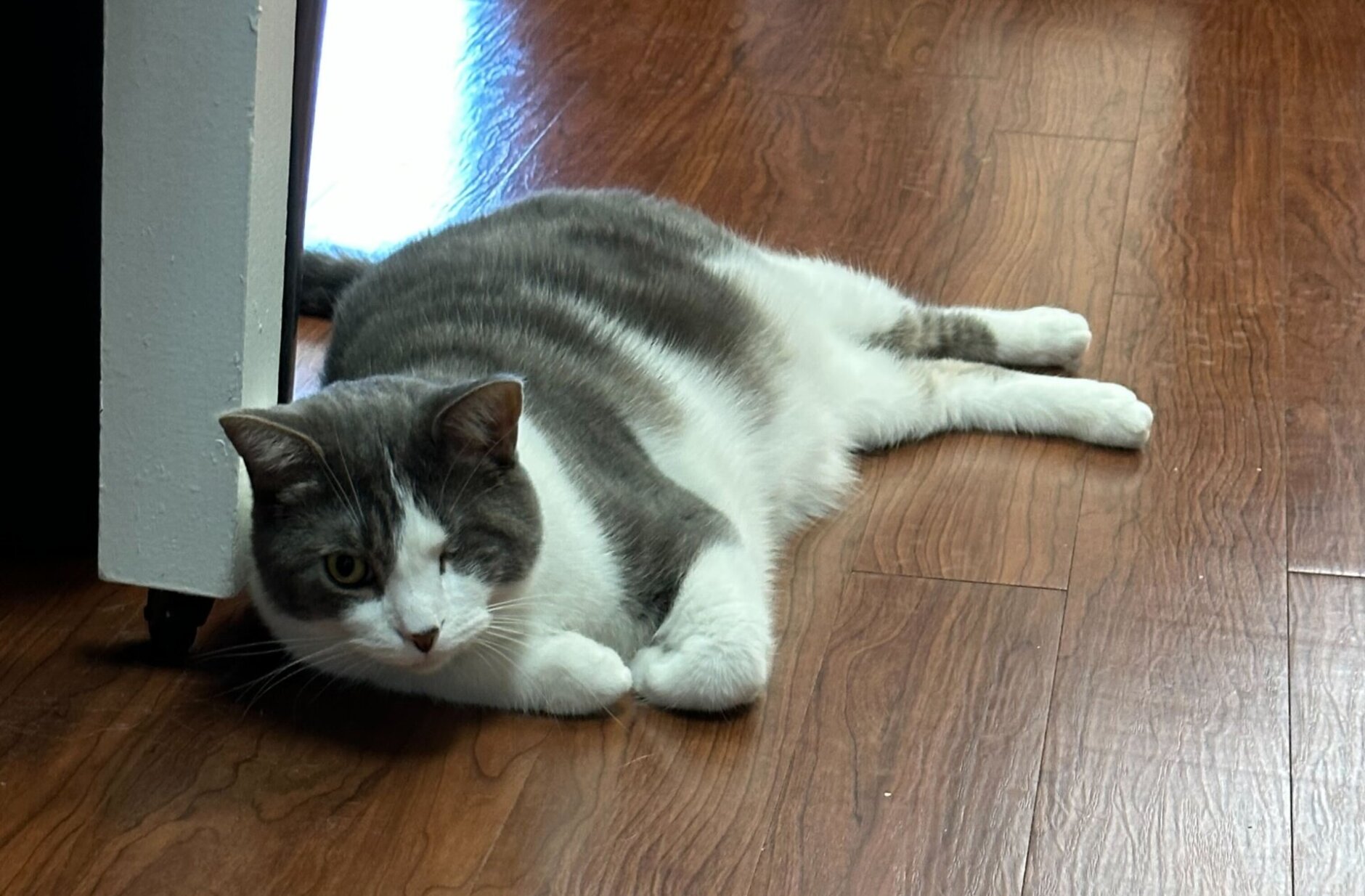


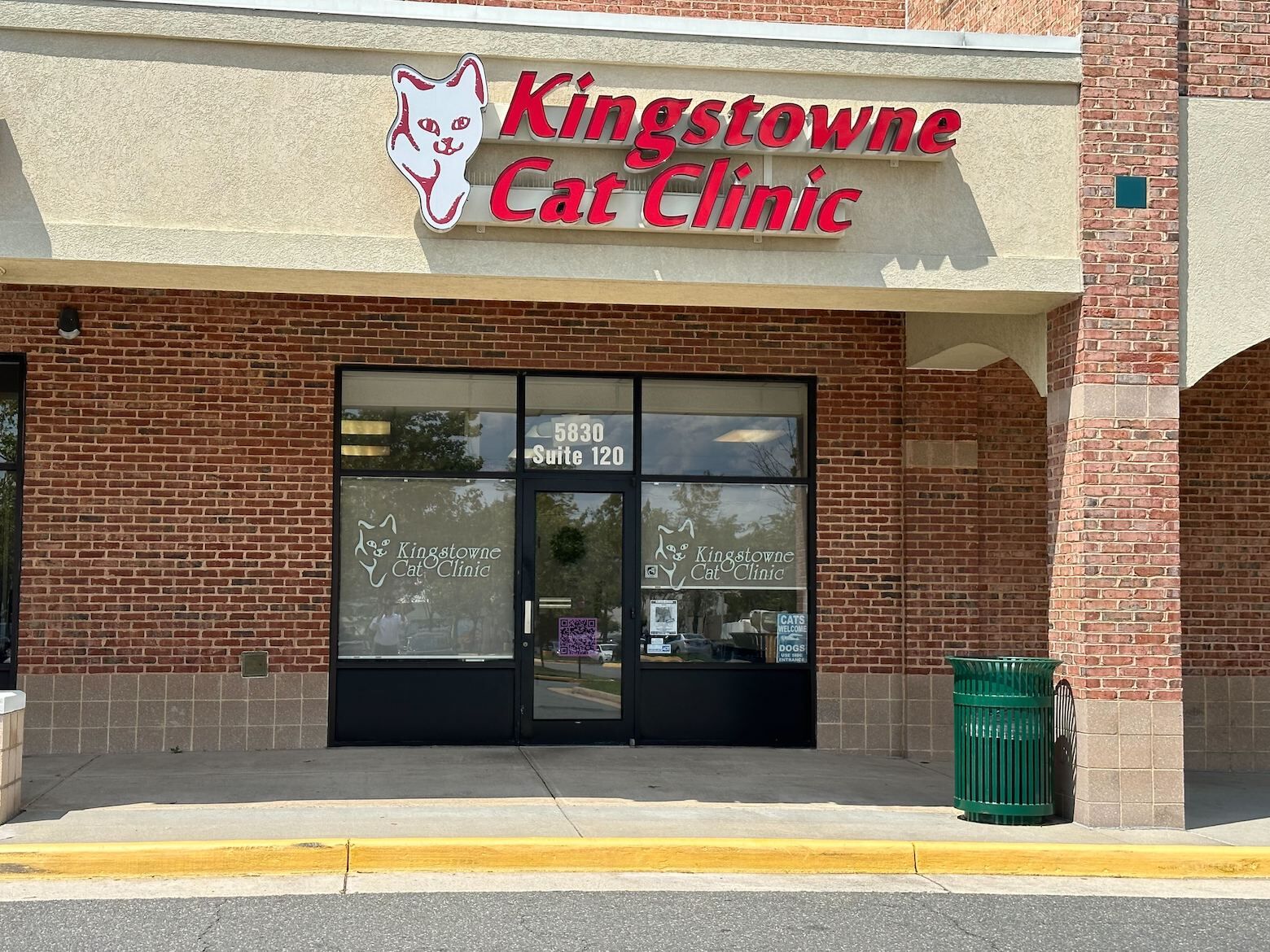

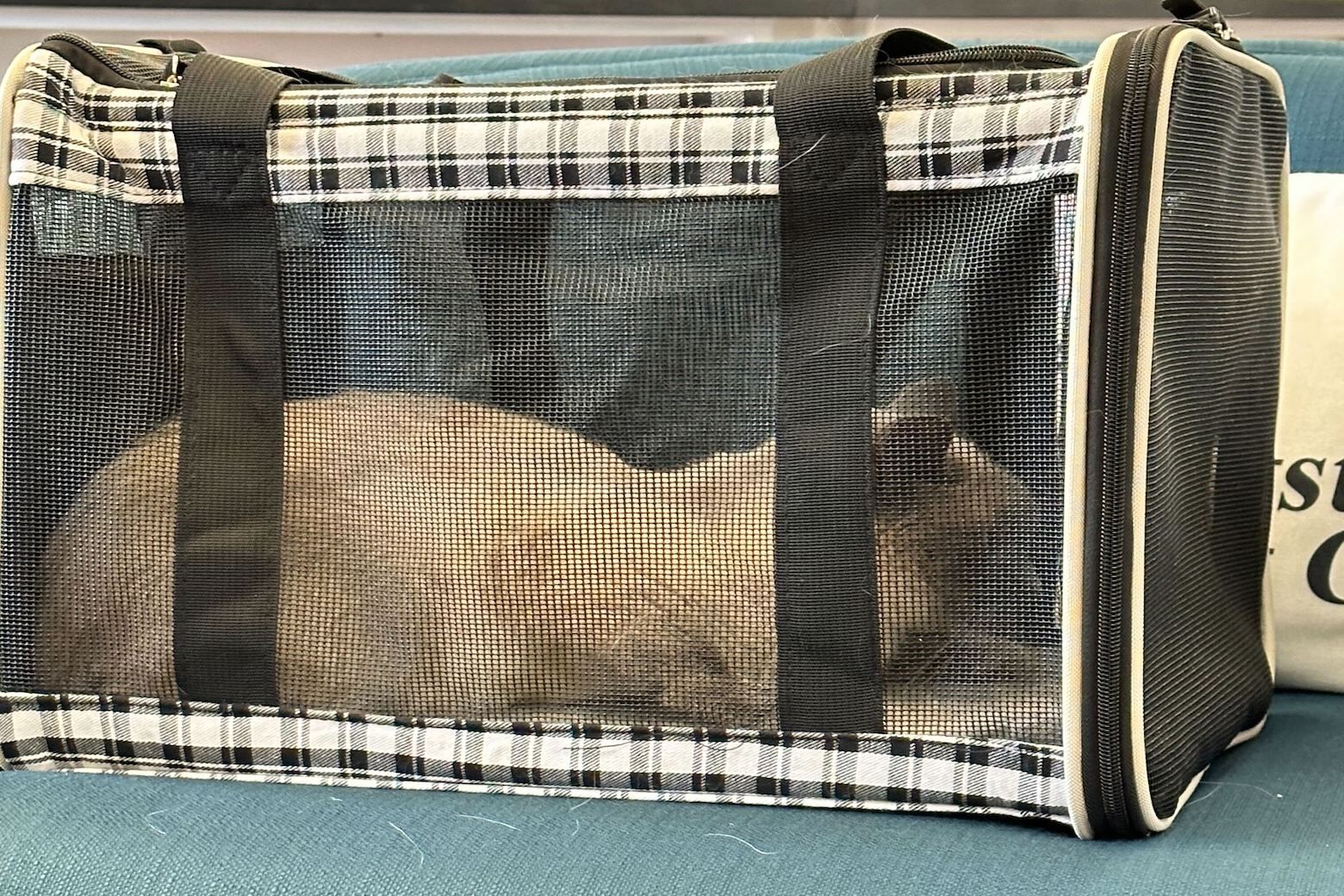
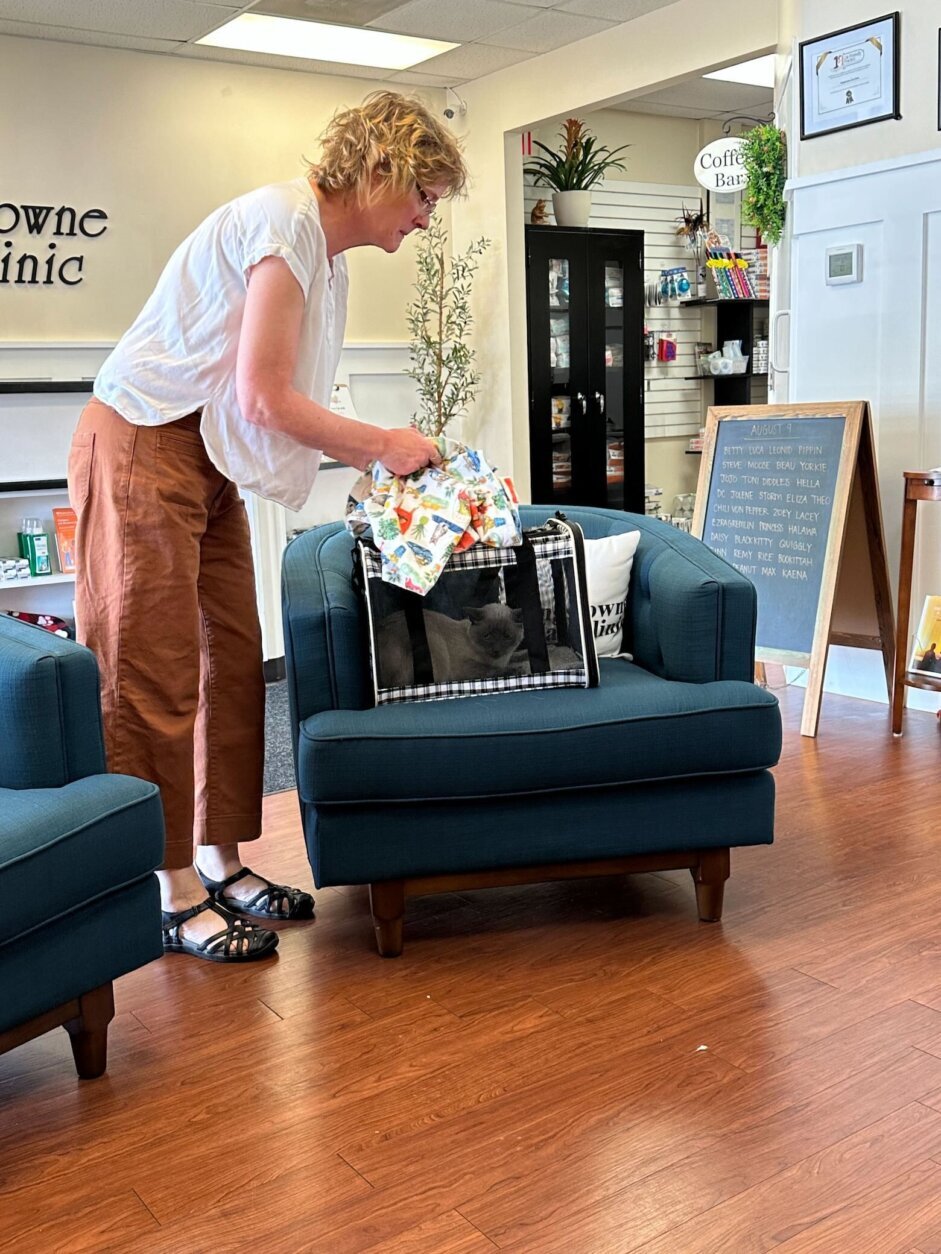









“If there’s something amiss, you’re going to be the first to know about it, and they want you to know about it right away because they feel responsible for your pet,” she added. “They don’t want you to come home to an unwell pet, because that will reflect badly on them and their business.”
She said it’s all about keeping some semblance of a routine in a cat’s life.
“Encourage the pet sitter to come around the same time you would feed [them],” she explained. “Even just little things like scooping the litter box around the same time each day, because your cat is used to that.”
“The less stress in their life, the less stressed they will be,” Mosoriak added. “There are some medical conditions that can be brought on by stress in cats.”
She said stress can sometimes cause urinary problems in cats, and especially in male cats, those issues can be life-threatening. A once-a-day pet sitter visit can be enough, unless your cat requires special food or medication multiple times a day.
Finding a pet sitter can be easy, she said. If you don’t know where to start, ask neighbors who might also have cats if there’s anyone they would recommend.
“You can also stop by your local vet or clinic’s offices to ask them for recommendations. Word-of-mouth from trusted sources can be the best tool for finding someone reputable,” Mosoriak said. “Many local vet or clinic offices have workers who pet-sit on the side, and are very good at it.”
While you’re away, it’s important you leave a manual for your pet sitter, so they know what to do or who to call when something is wrong.
“You’ve got to make sure you’re reachable,” Mosoriak said. “If you’re not reachable, have someone as a backup like an emergency contact. And also list the names and numbers of your local vets and emergency clinics. Some names and numbers, worst case scenario type things. Always plan for the worst so that you never need it, right?”
Finally, when it comes to pet sitting, you should establish trust between your cat and the sitter before you suddenly disappear for a prolonged period of time.
“The pet sitter needs to come over, meet you, meet your cat, get a lay of the land, and know where things are,” Mosoriak said. “If your cat knows them a little beforehand, it’s not so much of an adjustment that disrupts that routine when you leave.”
Mosoriak also said boarding your cat when you travel should be a last resort.
“I think that’s stressful to them,” she said. “Spending time in a cage, or any confined space, is never good. I know there are places that offer premium experiences, and may even let cats roam around, but I prefer cats stay in the home.”
If you decide to take your cat with you, which she said many clients do, she recommends bringing a “mobile base camp” that comes with you.
“I would take things from home, because it’s going to smell like home,” she explained. “And they base a lot of their comfort on scent.”
Mosoriak said examples of what you might want to bring with you on your trip include bowls your cats might eat out of, the same bed they sleep in, or even the same toys they play with.
“Take all of it with you as you would take a little kid’s when you go to grandma’s house,” Mosoriak exclaimed.
She said even subtle things like towels or T-shirts that smell like home can do the trick.
But she warned — don’t attempt to take your cat with you if you know they won’t travel well.
“You really have to gauge your cat,” said Mosoriak. “If they get highly stressed, then it’s probably best to leave them at home.”
She said taking them for short trips in the car, or testing them out in carriers before you decide to make the big leap to a full trip could be a good indicator.
“The key is keeping things as stress-free as possible,” she said.







